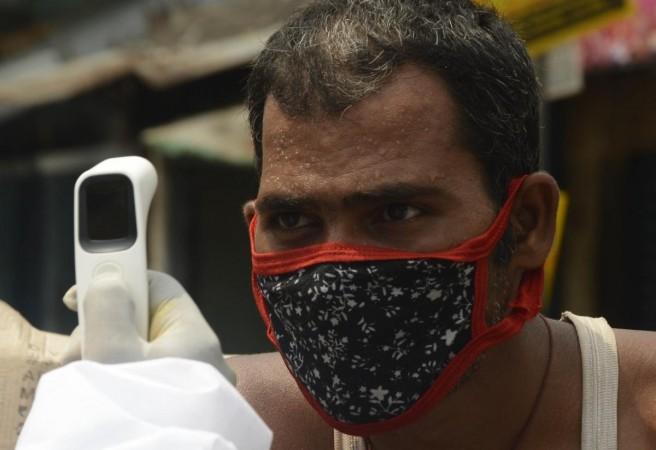In a war, the side that has more chances of victory is most probably the one who readied its strategy taking into account all the possible scenarios, especially the worst ones. The ongoing novel coronavirus pandemic is no less than a war and humankind has to be prepared for the worst scenario, which in this case would be never having a vaccine for COVID-19.
Even though more than 100 vaccines are currently under pre-clinical trials across the globe, the possibility that we could never find a drug to cure COVID-19 cannot be ruled out. Taking a cue from the ongoing quest of vaccines for HIV, Dengue, and several other diseases that have been troubling us for decades now, countries need to start mulling a Plan B if there's no coronavirus vaccine soon.

Hinting in the same direction, experts from different fields including medicine have initiated a dialogue as to how humans will have to learn to survive alongside the novel coronavirus.
Coronavirus as the new normal
No country is competent enough to withstand lockdowns and all other sorts of restrictions that are necessary to curb COVID-19. It takes a heavy toll on the economy if lockdowns continue for much longer. With the infection rate ceasing to slow down and lockdowns getting extended with few relaxations, the governments are getting increasingly impatient.
To stop their economy from getting more and more fractured, several nations including the USA, Italy, and India have allowed certain relaxations, which is exactly what many health specialists are now suggesting.
Keith Neal, Emeritus Professor in the Epidemiology of Infectious Diseases at the University of Nottingham, says, "Lockdowns are not sustainable for a long time, neither economically nor politically," adding that countries need to function with COVID-19 being prevalent, according to CNN.
According to Dr. David Nabarro, a professor of global health at Imperial College London, governments will have to put in place new provisions to ensure social distancing at all times as people start returning to their normal routines. "It's absolutely essential that all societies everywhere get themselves into a position where they are able to defend against the coronavirus as a constant threat and to be able to go about social life and economic activity with the virus in our midst," he told the publication, implying that people should start going back to work and begin socializing in a gradual manner while undertaking all necessary precautions.
Several other well-accomplished healthcare professionals are of the same view but also do not deny the fact that returning to usual ways of life won't be an easy task and that there are certainly a lot of risks involved. However, they further argue that we cannot just sit idle waiting for a vaccine as it could take months or years or forever to come out.
Is India ready to live with COVID-19?
Even though India's mortality rate is on the lower side when compared to other nations, it certainly cannot afford to downplay the COVID-19 threat. The decision-makers of our country are being faced with an unprecedented challenge as they can neither let the nationwide lockdown remain in place for too long nor can lift the restrictions all of a sudden.

As suggested by the experts, the need of the hour is to find a balance through meticulous planning and cautious implementation. The authorities will have to come up with a lot of stringent measures and guidelines before even considering restarting public transports, offices, educational institutions, malls, restaurants, and all the other things that were an essential part of our daily life before the pandemic struck.
For a country where thousands throng to liquor shops as soon as they are re-opened, the challenge to lift even a few restrictions and simultaneously fight the novel coronavirus is an enormous one.








